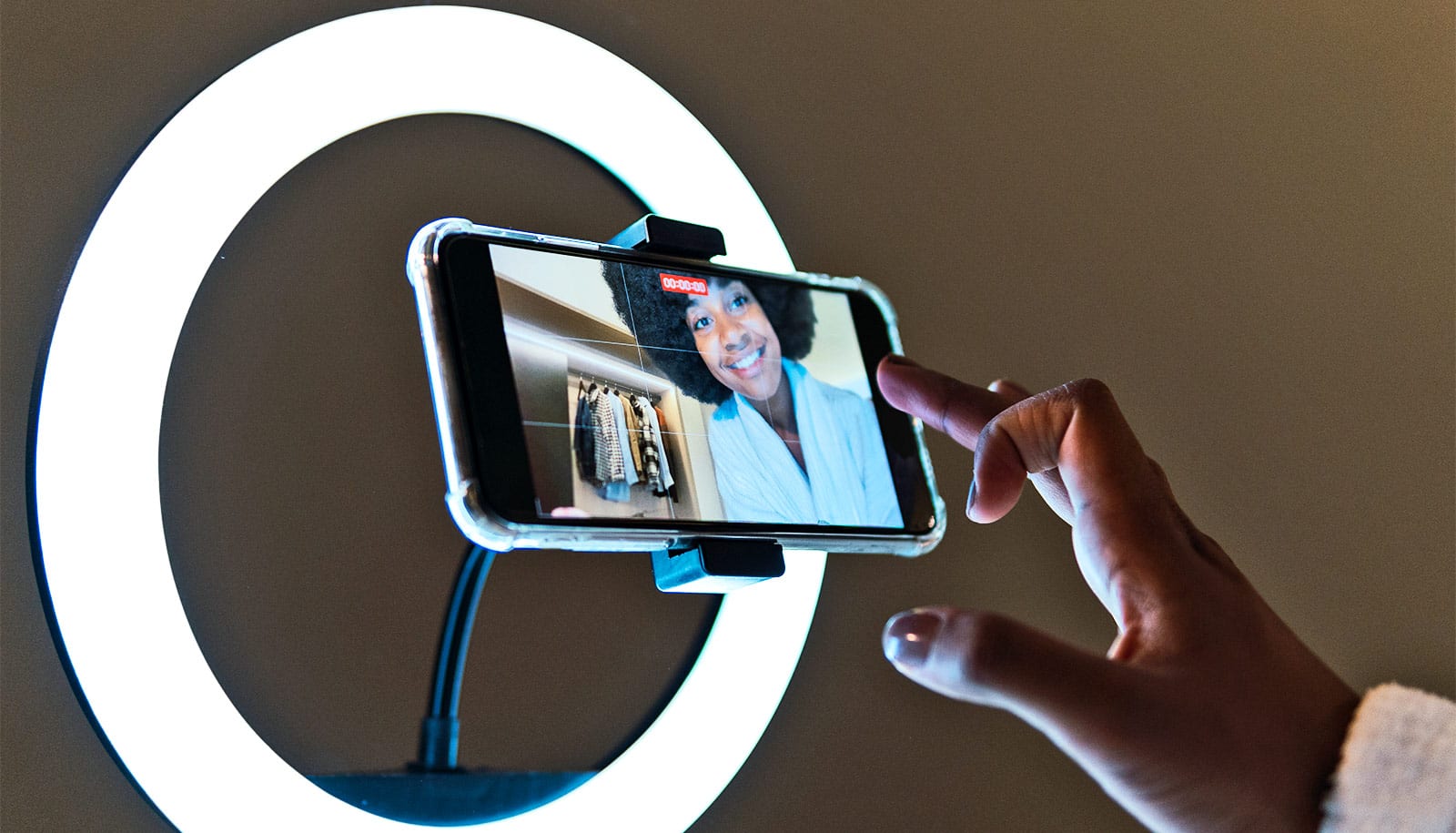More information about guests, not less, might help reduce racial discrimination against people who use services like Airbnb, a new study finds.
“We know discrimination exists in the sharing economy,” says Dennis Zhang, assistant professor at Washington University in St. Louis’s Olin Business School. “We wanted to find out how do we prevent it, and how do we mitigate it?”
“When hosts don’t have complete information about a possible guest, they might infer race and make rental decisions based on that.”
In a working paper, Zhang and coauthors conducted two randomized field experiments among more than 1,200 Airbnb hosts in Boston, Chicago, and Seattle. The researchers used fictitious guest accounts and sent accommodation requests to the hosts using those accounts.
They found requests from guests with African-American names—based on name frequency data published by the US Census Bureau—were 19 percent less likely to be accepted than those with Caucasian names.
However, when the researchers posted a single host review for each fictitious user, the tables turned: acceptance rates for both sets of guests evened out. Zhang says this fact shows strong evidence of concept called statistical discrimination with Airbnb.
50 million sessions show why Uber is so popular
“When hosts don’t have complete information about a possible guest, they might infer race and make rental decisions based on that,” says Zhang. “When enough information is shared, hosts don’t need to make those inferences, and we found discrimination was statistically eliminated.”
It wasn’t just positive reviews that swayed the hosts. The second portion of the experiment involved a negative review of the fictitious guests. Here, too, the acceptance rates for both sets of names were statistically even: 58.2 percent for Caucasians and 57.4 percent for African Americans.
“We thought a negative review might create distortion for the hosts,” says Zhang. “However, based on our experiments, any and all information about a guest is important to fight discrimination.”
Ride-share drivers discriminate against black riders
Zhang suggests Airbnb incentivize hosts to write reviews on new users and also provide a more structured way for guests to communicate travel plans in efforts to make the rental transaction much more transparent.
He notes that at least two of Airbnb’s changes to its nondiscrimination policy last September, including reducing the size of guest photographs, were proven counterproductive by this multifaceted research.
“Hiding user information and making profile pictures smaller doesn’t solve the problem, and may make it even more severe. Airbnb really has to think about how to provide more information instead of cutting it from guest profiles,” says Zhang.
Ruomen Cui, assistant professor at the Kelly School of Business at Indiana University, and Jun Li, assistant professor at University of Michigan’s Stephen M. Ross School of Business, are coauthors of the paper.



